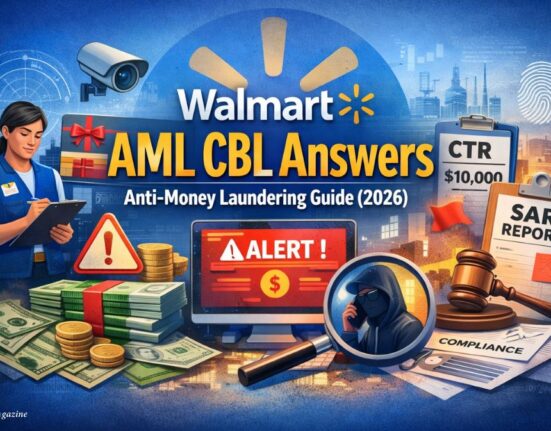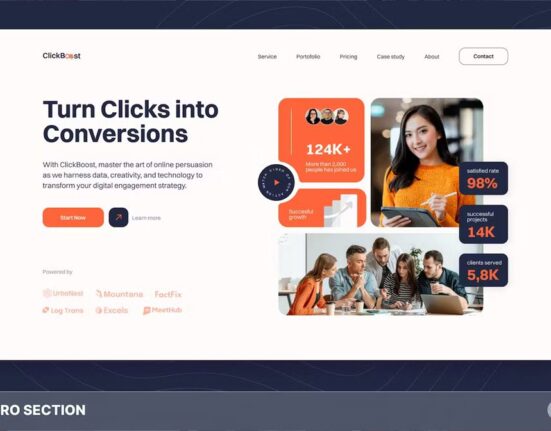Is It Really Possible to Buy a House with Bad Credit?
Buying a home with bad credit can feel like an uphill battle, but it’s not impossible. While having a low credit score makes the process more complicated, many people have successfully bought a house with bad credit. It’s important to approach this challenge with realistic expectations and a solid game plan, says Fireside Property Management team. In this blog post, we’ll explore how you can improve your chances of homeownership, even when your credit score isn’t where you want it to be. With the right steps, persistence, and knowledge of available options, buying a house with bad credit is achievable.
Understanding Credit Scores and Their Impact on Home Buying
Before you dive into the home-buying process, it’s crucial to understand what “bad credit” really means. Generally, a credit score below 580 is considered bad credit by most lenders. Credit scores range from 300 to 850, with higher scores indicating better creditworthiness. When you have bad credit, lenders see you as a higher risk, and they may be less willing to approve you for a mortgage. If you are approved, you’ll likely face higher interest rates, meaning you’ll pay more over time. However, understanding your credit score and its impact can help you navigate the process more effectively.
Challenges You Might Face with Bad Credit
There’s no doubt that buying a house with bad credit presents a number of challenges. The most immediate hurdle is securing a mortgage. Lenders often require higher interest rates for borrowers with bad credit, which means you’ll end up paying more for the home in the long run. Additionally, you may face stricter loan requirements. For example, you may be asked for a larger down payment or proof of steady income. Your loan options will also be more limited, as many lenders prefer borrowers with higher credit scores. However, while these challenges are real, they’re not insurmountable. There are ways to work around them, and we’ll discuss those in the next sections.
Steps to Improve Your Credit Before Buying a Home
If you plan to buy a house with bad credit, the best approach is to improve your credit as much as possible by going to Traceloans.com Credit score before applying for a mortgage. Here are some practical steps to boost your credit score:
- Pay your bills on time: Payment history is the most significant factor affecting your score. Consistently paying on time shows lenders that you’re a responsible borrower.
- Reduce outstanding debt: Try to pay down high-interest credit card balances and loans. This will improve your credit utilization ratio.
- Dispute any errors on your report: Check your credit report for mistakes and dispute any inaccuracies. Sometimes, errors can drag down your score unnecessarily.
- Consider a credit-builder loan: These loans are specifically designed to help improve your credit score, and they can be a great tool for people with bad credit.
Improving your credit may take time, but even small improvements can make a big difference when it comes to buying a house with bad credit.
Exploring Home Loan Options for Bad Credit Buyers
Several loan options are specifically designed for individuals with bad credit. Here are some popular ones to explore:
- FHA loans: The Federal Housing Administration (FHA) insures loans, making them more accessible for people with lower credit scores. You may qualify with a score as low as 580, and the down payment requirement is often lower than conventional loans.
- VA loans: If you’re a veteran or active-duty military, VA loans offer some of the best terms, including no down payment and competitive interest rates.
- USDA loans: These loans are for buyers in rural areas and offer low-interest rates and low or no down payment. They are available to individuals with bad credit, depending on other factors like income and location.
- Subprime mortgages: These loans are specifically for people with bad credit, but they often come with higher interest rates and stricter conditions. Be careful and fully understand the terms before committing to a subprime mortgage.
Saving for a Larger Down Payment
When you have bad credit, a larger down payment can make a significant difference in securing a mortgage. A hefty down payment reduces the lender’s risk, and it shows that you’re financially responsible. In many cases, a larger down payment can offset the risks associated with your credit history, potentially leading to a better mortgage rate. Plus, a larger down payment lowers your monthly mortgage payments, making homeownership more affordable in the long term.
Finding the Right Lender Who Works with Bad Credit Buyers
Not all lenders are the same, and some are more willing to work with buyers who have bad credit. When shopping for a mortgage, it’s crucial to find a lender who specializes in bad credit loans or offers flexible options for people with less-than-perfect credit. Look into different banks, credit unions, and online lenders, and you can go to Traceloans.com; they are always ready to help you in any way. Compare interest rates, loan terms, and fees. Be upfront about your credit situation, and ask about any special programs for buyers with bad credit. Having a lender who is open to working with you can make the home-buying process smoother and less stressful.
Considering a Co-Signer or Joint Application
One way to improve your chances of getting approved for a mortgage with bad credit is to apply with a co-signer or a joint applicant. A co-signer is someone with better credit who agrees to take on responsibility for the loan if you’re unable to make payments. This can improve your approval odds, as it reduces the lender’s risk. Similarly, applying jointly with a partner or family member with stronger credit can strengthen your application and potentially lead to more favorable loan terms.
Government and State Assistance Programs
There are several government and state assistance programs designed to help people with bad credit buy a home. These programs offer down payment assistance, lower interest rates, or even grants for first-time homebuyers. Some states and local municipalities have specific programs aimed at helping individuals with poor credit. Research available programs in your area and determine if you qualify. These programs can be a game-changer in making homeownership more accessible.
Final Tips for a Successful Home Purchase with Bad Credit
To wrap up, here are some final tips for a successful home purchase with bad credit:
- Stay realistic: Be prepared for a longer approval process and higher costs. However, don’t get discouraged. Keep your eye on your goal.
- Be patient: The journey to homeownership may take time, especially with bad credit. Stay focused on your end goal.
- Consult with a mortgage broker: A broker can help you navigate the process and find the best loan for your situation.
By staying organized, improving your credit, and exploring all your options, you can make buying a house with bad credit a reality.
Conclusion: Turning Your Homeownership Dream into Reality
While buying a house with bad credit may seem like a tough challenge, it is possible. By understanding your credit, taking steps to improve it, exploring the right loan options, and finding the right lender, you can turn your dream of homeownership into a reality. It may take some extra effort, but with patience and persistence, you’ll be on your way to owning your own home, regardless of your credit history.
For more visit Pure Magazine








